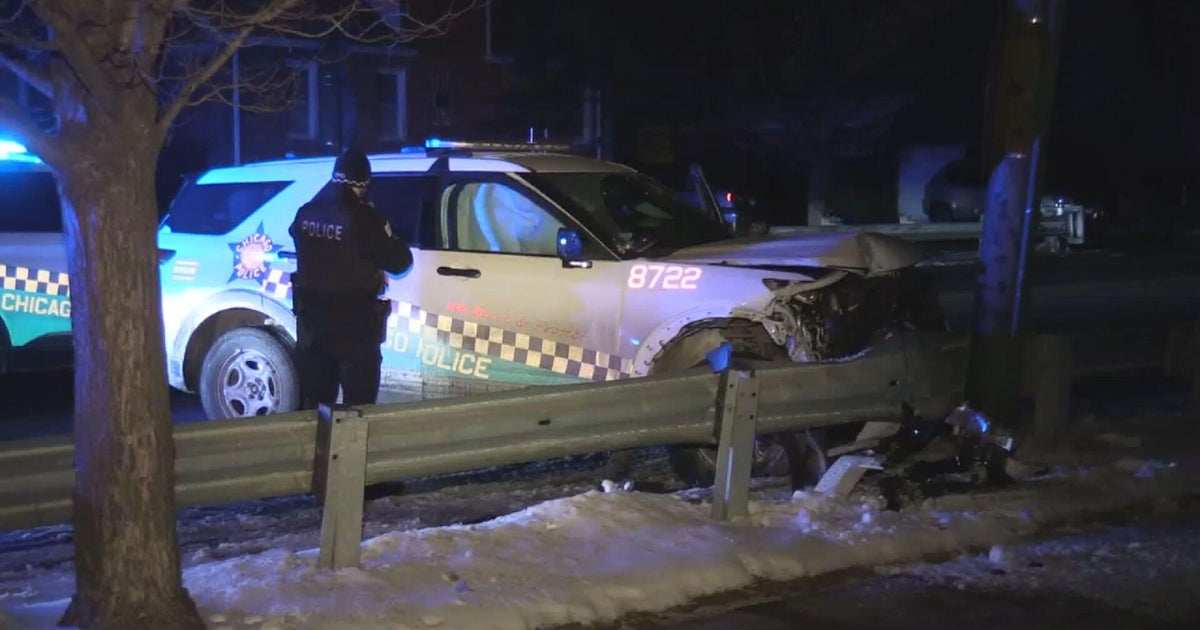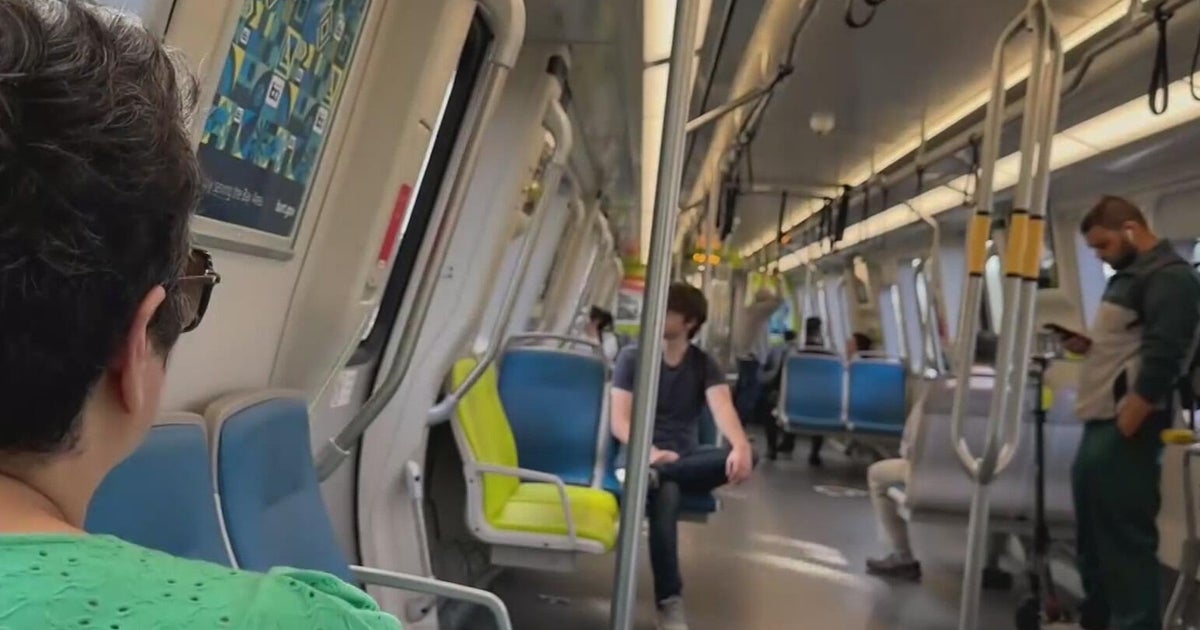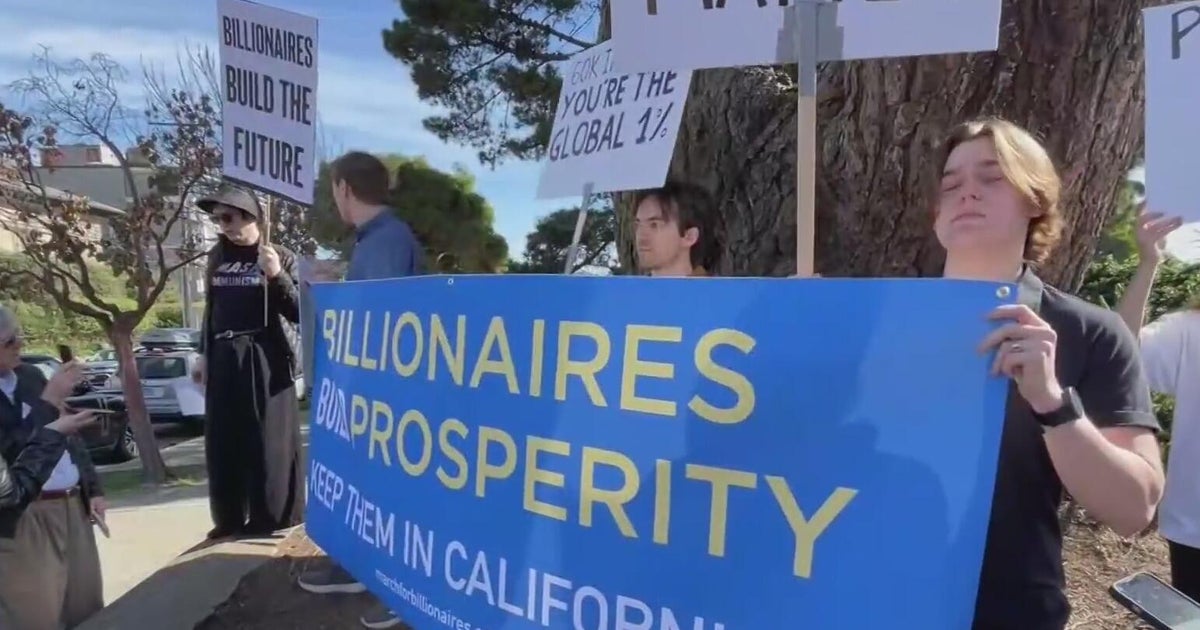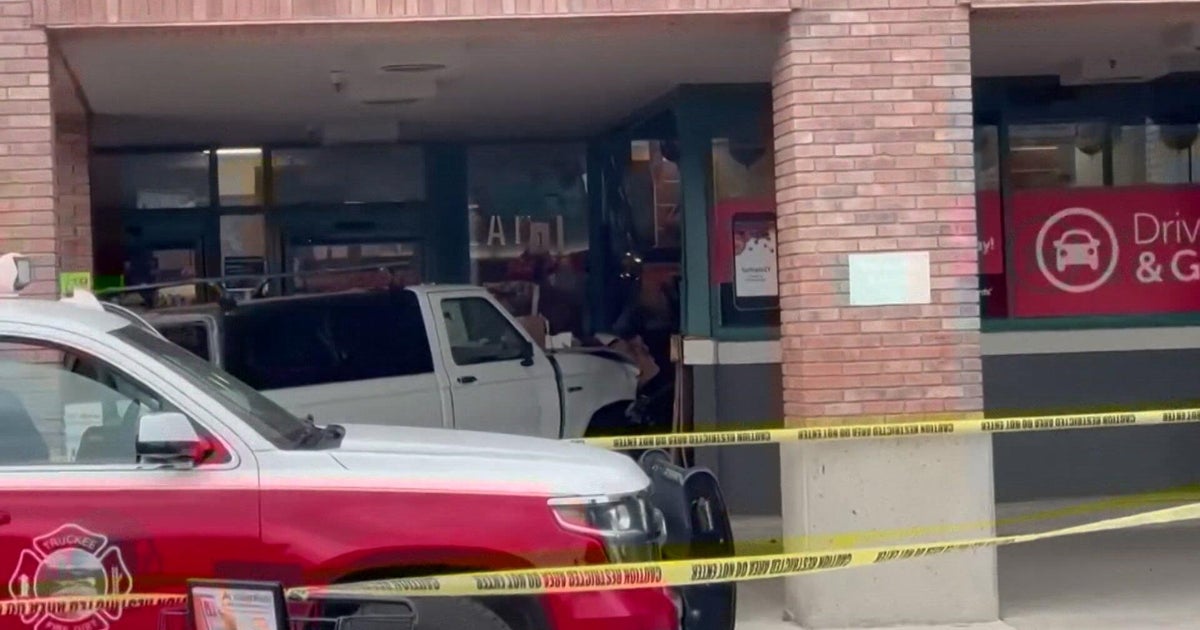Deep dive: A look at the proposed 2024 Chicago police budget
CHICAGO (CBS) -- When Brandon Johnson was running for mayor, much of the campaign focused on what changes he would make to the police department which has been operating under a consent decree since 2019, and has lost more than 1,000 officers during the pandemic.
As mayor, Johnson's proposed $16.6 billion budget did not reduce the police department "by one penny," as he promised in March.
The overall police budget actually increases from $1.9 to $1.99 billion.
And while newly appointed Supt. Larry Snelling can spool up new units and reorganize parts of the department, Johnson's proposed budget shows some modest, but noteworthy changes.
CBS Chicago analyzed Johnson's appropriations data. Here's a look at the new police budget.
Staffing shortage
The new budget increases the ranks of middle management, calling for 100 more sergeants, 20 more lieutenants, 10 more captains and three more commanders. The budget also makes good on the promise of adding 100 more detectives.
The overall headcount of personnel actually increases slightly from about 13,976 in 2023 to a budgeted 14,072 full time positions next year.
The police department currently is staffed with 12,368 full-time positions, 95% of whom are sworn officers, according to data from the Department of Human Resources and the Chicago Inspector General's Office.
The department is down 1,400 officers since 2019, and has only netted 77 officers since last year, according to IG data.
The budget is aspirational.
To fulfill the new budgeted positions, the department would have to hire about 1,700 officers and staff by next year.
The drop in manpower has led to delays for some 911 calls, and a reliance on overtime to plug staffing holes.
Johnson's budget tries to address that by placing 175 officers in the cops hiring program, an increase of 100 officers from last year.
Even if the department doesn't fill the positions, the vacancies would likely free up funds for overtime and other expenditures.
Overtime and lawsuits
Johnson largely kept in place the amount budgeted for overtime and "tort judgments", legal jargon for settlements and court costs.
The 2024 budget holds the overtime at nearly $106 million, close to what former Mayor Lori Lightfoot budgeted for 2023. The police department blew past that number, racking up more than $150 million in overtime between January and July of this year, according to an analysis of overtime earnings data from the Department of Budget and Management.
The police department racked up about $200 million in overtime last year, according to an analysis of police overtime data. They were budgeted for $110 million.
Johnson's budget also allocated $82.5 million for tort judgements – the same as last year.
In reality, police settlements cost the city nearly $105 million last year, according to an analysis of settlements data from the city's Law Department.
Other notable parts of Johnson's budget include spending on domestic violence advocates, which increases the number of staff from 5 to 27. The budget also sets aside $7.9 million to help the department come into compliance with the consent decree.
Tax dollars to officers
Even with a reduced headcount, the Chicago Police Department is one of the largest parts of the city's budget with the largest bureaucracy to manage.
The scope of the police department's sprawling arms can be lost in the minutiae of police jargon, but the budget data help draw a clearer picture on where taxpayer money goes to which parts of the department.
Offices of Superintendent and First Deputy
- Budgeted full-time employees: 505
- Budget: $141,261,518
These offices are responsible for executing leadership's priorities. The Office of the Superintendent is responsible for organization, promotion and disciplinary action of all department members. The office also administers legal and legislative matters as well as labor agreements.
The office of the first deputy coordinates and unifies all the bureaus in the department. The office is budgeted for roughly 60 officers and staff, with salaries totalling about $8 million.
Bureau of Patrol
- Budgeted full-time employees: 10,816
- Budget: $1,414,360,372
The bureau of patrol is the largest part of the police department, accounting for about 77% of the department's personnel. It's the department's workhorse, where beat officers, tactical teams, detectives, sergeants and others execute day-to-day operations including the apprehension of criminals and enforcement of traffic laws and city ordinances.
These officers operate at any one of the city's 22 police districts, and are usually the ones responding to 911 calls and processing crime incident reports.
The bureau has also experienced the most amount of departures since the pandemic-era events spurred an exodus of officers in Chicago and elsewhere.
Because so many officers operate out of patrol, they often make up the bulk of the department's parking tickets, investigatory stops and car stops.
Officers attached to districts accounted for about 58,000 of the nearly 69,000 investigatory stops last year, or 84%, according to a CBS Chicago analysis of police data.
Bureau of Detectives
- Budgeted full-time employees: 600
- Budget: $141,261,518
The police department divides its detectives into two main groups. The bulk of detectives work under patrol services, handling cases that come in at the district-level.
The rest are specialty units that work under the Bureau of Detectives. Johnson's budget calls for almost 600 officers and personnel, with salaries that total nearly $64 million.
More than 270 personnel, or about half of the bureau, works in the forensic services division, handling evidence, fingerprints and specialists needed to analyze crime scenes.
The rest of the bureau is broken up into teams that handle major investigations or speciality cases, such as arson, financial crimes, major accidents and fugitives.
Bureau of Counter Terrorism
- Budgeted full-time employees: 1,322
- Budget: $238,506,422
Formerly the Bureau of Organized Crime, the Bureau of Counter Terrorism handles roles that deal with threats to public safety such as counter-terrorism operations, policing of the city's two major airports and a public transportation division that patrols CTA buses and trains.
The public transit division came under fire when violent crime and nuisances like smoking on trains increased during the pandemic. Crime on trains has since dropped and the proposed budget for the public transportation unit calls for 164 officers and staff, slightly up from last year's budget of 155.
The bureau's special functions division has some of the most visible roles in the department including the bomb squad, SWAT team, horse-mounted unit, the canine unit, the helicopter and marine unit who respond to emergencies on the city's various waterways and the traffic section, which handles traffic enforcement and special events.
The last part of the counter terrorism bureau, the criminal network group, deals with some of the department's most controversial aspects of policing. Johnson's budget calls for staffing that department with 445 officers and civilians, costing an estimated $49 million. The group includes the asset forfeiture section, gang intelligence division, narcotics and gang investigation units, and the vice section.
These units conducted many of the department's raids resulting from search warrants, which was highlighted in a series of stories by CBS Chicago. The most infamous, involved a social worker, Anjanette Young, being handcuffed naked during a wrongful raid. The case led to some changes to how the police execute warrants. Young would later receive a $2.9 million settlement from the city in 2021.
Bureau of Crime Control Strategies
- Budgeted full-time employees: 312
- Budget: $33,562,124
Crime Control Strategies is responsible for monitoring, assessing and executing the department's "strategic operational plans," according to the 2023 budget overview.
The personnel in this bureau handle a lot of logistics and record maintenance for the department. The records inquiry section is budgeted for a dozen digital retrieval specialists, a dozen subpoena officers, a dozen criminal history analysts and other administrative roles.
The field services section also employs dozens of records specialists as well as fingerprint technicians and warrant and extradition aides.
The strategic initiatives division supports various data-driven functions, employing data scientists and operations analysts. The department's compstat unit, which measures performance and crime rates, falls under this division.
Office of Constitutional Policing and Reform
- Budgeted full-time employees: 582
- Budget: $188,464,660
The department's Office of Constitutional Policing and Reform employs about 580 officers and personnel. This group is largely tasked with improving the training of officers, their well-being and reviewing force used in interactions with the public. The office also "coordinates with the independent monitor, responding to requests for information in accordance with the consent decree," according to the mayor's budget overview.
The department includes the force review unit, crisis intervention teams, training division and counseling services, which include therapists and clinicians who treat officers such as those who experienced trauma on the job. Since the pandemic, the department has dealt with a surge of officer suicides.
The city's newly formed crisis intervention teams that operate from this office were piloted by Lightfoot. The unit is being used to shore up Brandon's "treatment not trauma" approach to policing. Johnson is budgeting for 8 officers and 3 civilians. That's in addition to the 11 officers budgeted for the alternate response section. For comparison, the department's vice unit is budgeted for 41 officers and staff and its asset forfeiture unit is budged for 19 employees.








